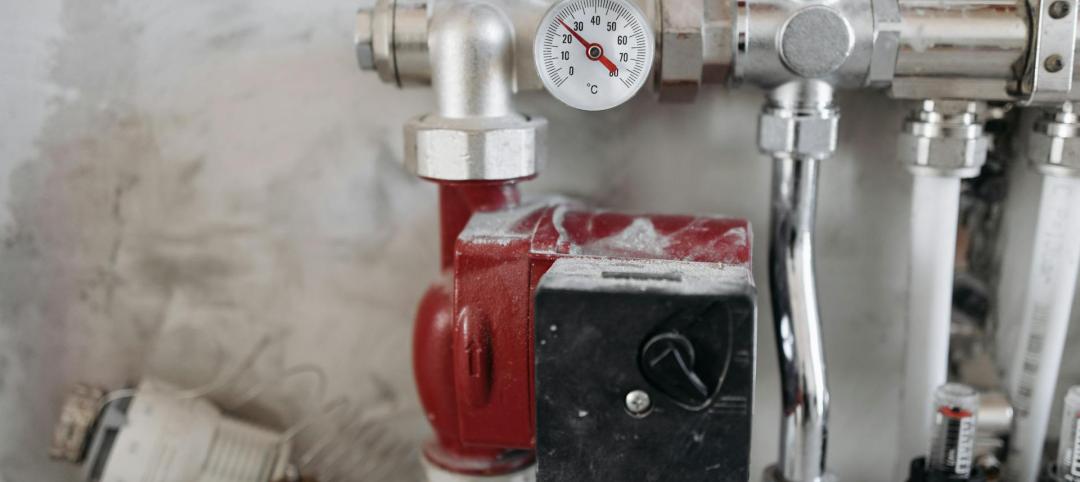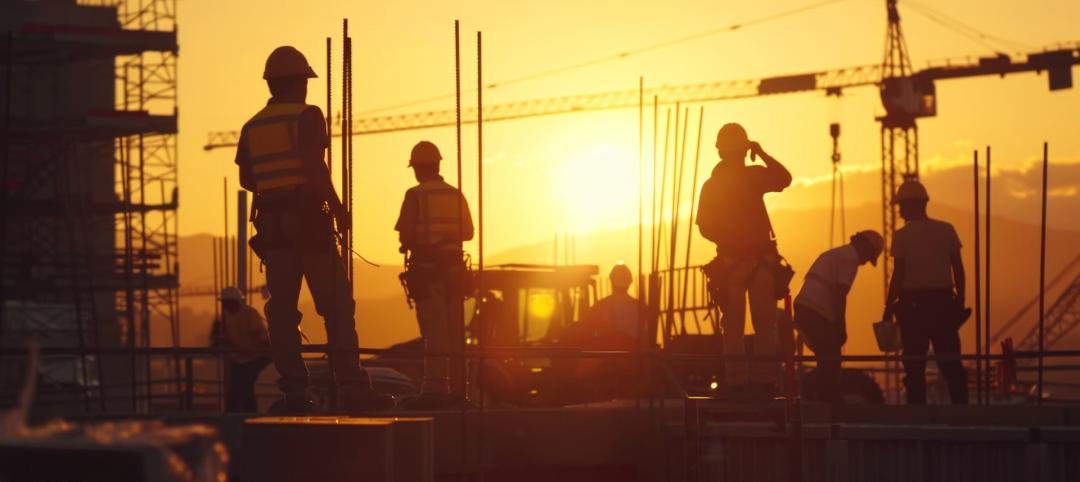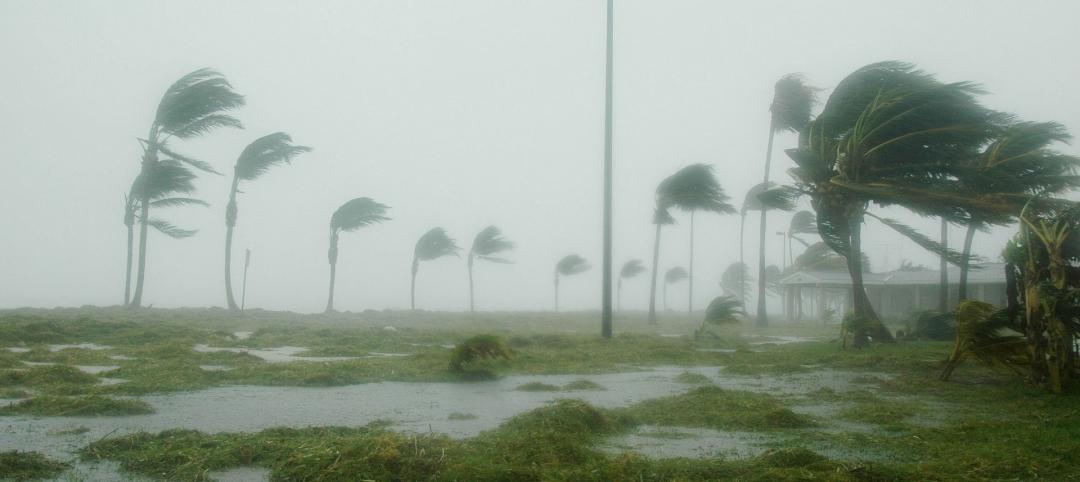The Eugene, Ore., City Council recently passed an ordinance aimed at steeply reducing energy consumption and greenhouse gas emissions. The city of 158,000wants to reduce community-wide greenhouse gas emissions 10% below 1990 levels by 2020, and reduce fossil fuel use by 50% by 2030.
Eugene is developing an energy inventory for its entire economy. After that is completed, it will consider voluntary energy-saving measures in the private sector, such as easier permitting for energy-efficient construction and energy performance scores for commercial buildings. The city will also consider other measures like commercial food-waste composting in restaurants and grocery stores to reduce methane emissions from landfills.
Eugene has made significant progress in reducing emissions recently from transportation without any concerted plan. Transportation emissions have dropped 2.5% per year since 2010, despite some population growth. This is largely due to economic and cultural shifts: the recession, the rise of telecommuting, online shopping and entertainment, transit, biking, more efficient cars, and higher gasoline prices. The city has encouraged these trends by improving bus service and developing a master plan for sidewalk and bike path improvements.
City government has rejected hard caps on emissions to date, focusing instead on voluntary measures and incentives for the private sector.
(http://grist.org/climate-energy/what-can-small-cities-do-to-fight-climate-change/)
Related Stories
Building Enclosure Systems | Oct 30, 2024
Winners of Building Envelope Innovation Prize focus on secondary glazing
The U.S. Department of Energy (DOE) recently announced the winners of the first phase of the Building Envelope Innovation Prize. The prize targets high-performance, cost-effective secondary glazing systems to improve efficiency of commercial windows.
M/E/P Systems | Oct 30, 2024
After residential success, DOE will test heat pumps for cold climates in commercial sector
All eight manufacturers in the U.S. Department of Energy’s Residential Cold Climate Heat Pump Challenge completed rigorous product field testing to demonstrate energy efficiency and improved performance in cold weather.
Resiliency | Oct 29, 2024
Climate change degrades buildings slowly but steadily
While natural disasters such as hurricanes and wildfires can destroy buildings in minutes, other factors exacerbated by climate change degrade buildings more slowly but still cause costly damage.
Contractors | Oct 25, 2024
Construction industry CEOs kick off effort to prevent suicide among workers
A new construction industry CEO Advisory Council dedicated to addressing the issue of suicide in the construction industry recently took shape. The council will guide an industry-wide effort to develop solutions targeting the high rate of suicide among construction workers.
Codes and Standards | Oct 17, 2024
Austin, Texas, adopts AI-driven building permit software
After a successful pilot program, Austin has adopted AI-driven building permit software to speed up the building permitting process.
Resiliency | Oct 17, 2024
U.S. is reducing floodplain development in most areas
The perception that the U.S. has not been able to curb development in flood-prone areas is mostly inaccurate, according to new research from climate adaptation experts. A national survey of floodplain development between 2001 and 2019 found that fewer structures were built in floodplains than might be expected if cities were building at random.
Seismic Design | Oct 17, 2024
Calif. governor signs limited extension to hospital seismic retrofit mandate
Some California hospitals will have three additional years to comply with the state’s seismic retrofit mandate, after Gov. Gavin Newsom signed a bill extending the 2030 deadline.
Codes and Standards | Oct 16, 2024
North Carolina’s code policies likely worsened damage caused by Hurricane Helene
The North Carolina Legislature’s rejection of building code updates likely worsened the damage caused by Hurricane Helene, code experts say. Over the past 15 years, lawmakers rejected limits on construction on steep slopes, which might have reduced the number of homes destroyed by landslides.
MFPRO+ News | Oct 16, 2024
One-third of young adults say hurricanes like Helene and Milton will impact where they choose to live
Nearly one-third of U.S. residents between 18 and 34 years old say they are reconsidering where they want to move after seeing the damage wrought by Hurricane Helene, according to a Redfin report. About 15% of those over age 35 echoed their younger cohort’s sentiment.
Construction Costs | Oct 16, 2024
Construction Crane Index: Most major markets’ crane counts increase or hold steady in third quarter
Rider Levett Bucknall’s (RLB’s) latest Crane Index and Quarterly Cost Report shows continued decreasing cost inflation and crane counts increasing or holding steady in 10 of the 14 major markets it surveyed. The national average increase in construction costs was 1.07%, the lowest it’s been in the last three years.
















